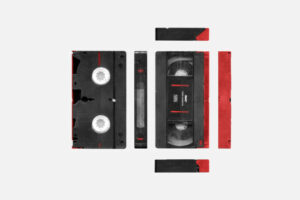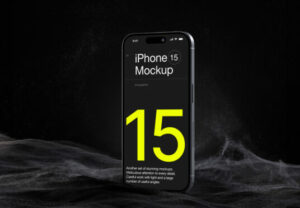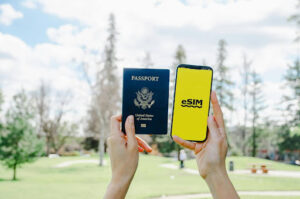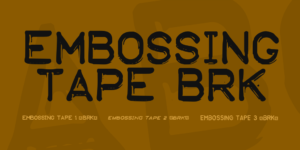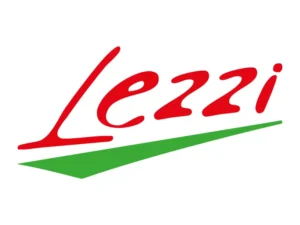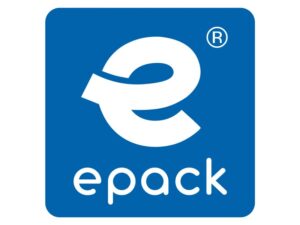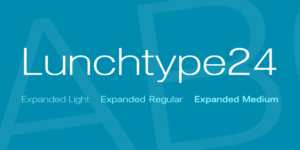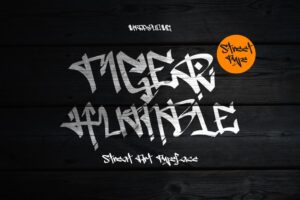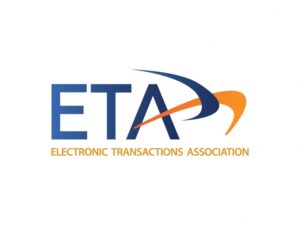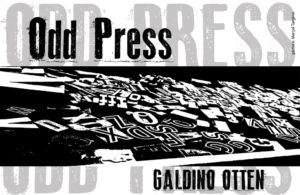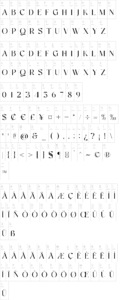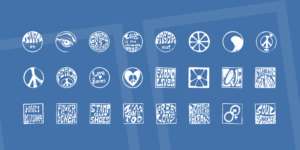About Have you heard of Electroharmonix, the pseudo-Japanese display typeface inspired by katakana, hiragana, and kanji? While it may look like a fun and quirky font to use, it?s important to exercise caution when using it.
If you?re thinking of using Electroharmonix, it?s important to note that most Japanese readers can?t read this typeface at all. In fact, it was featured on several Japanese variety shows, and guests struggled to read the word ?Hello? due to their familiarity with katakana characters. In 2020, Electroharmonix was even featured on a Japanese game show where the segment couldn?t be aired because none of the guests could read a single word!
It?s easy to see why this font could be a bit tricky to read for native Japanese speakers, which is why it?s important to do your research before using it. In a certain context, Electroharmonix can be construed as culturally insensitive and can contribute to casual racism. So, it?s important to take the time to ensure you?re not using it to perpetuate cultural stereotypes.
While it may be tempting to use Electroharmonix because of its fun and quirky style, it?s essential to remember that typography can have a significant impact on how people perceive your message. So, if you do decide to use this font, be sure to do so with care and consideration. After all, it?s always better to err on the side of caution when it comes to respecting different cultures and customs.
Most Latin-based European writing systems are supported, including the following languages. Afaan Oromo, Afar, Afrikaans, Albanian, Alsatian, Aromanian, Aymara, Bashkir (Latin), Basque, Belarusian (Latin), Bemba, Bikol, Bosnian, Breton, Cape Verdean, Creole, Catalan, Cebuano, Chamorro, Chavacano, Chichewa, Crimean Tatar (Latin), Croatian, Czech, Danish, Dawan, Dholuo, Dutch, English, Estonian, Faroese, Fijian, Filipino, Finnish, French, Frisian, Friulian, Gagauz (Latin), Galician, Ganda, Genoese, German, Greenlandic, Guadeloupean Creole, Haitian Creole, Hawaiian, Hiligaynon, Hungarian, Icelandic, Ilocano, Indonesian, Irish, Italian, Jamaican, Kaqchikel, Karakalpak (Latin), Kashubian, Kikongo, Kinyarwanda, Kirundi, Kurdish (Latin), Latvian, Lithuanian, Lombard, Low Saxon, Luxembourgish, Maasai, Makhuwa, Malay, Maltese, Maori, Moldovan, Montenegrin, Ndebele, Neapolitan, Norwegian, Novial, Occitan, Ossetian (Latin), Papiamento, Piedmontese, Polish, Portuguese, Quechua, Rarotongan, Romanian, Romansh, Sami, Sango, Saramaccan, Sardinian, Scottish Gaelic, Serbian (Latin), Shona, Sicilian, Silesian, Slovak, Slovenian, Somali, Sorbian, Sotho, Spanish, Swahili, Swazi, Swedish, Tagalog, Tahitian, Tetum, Tongan, Tshiluba, Tsonga, Tswana, Tumbuka, Turkish, Turkmen (Latin), Tuvaluan, Uzbek (Latin), Venetian, Vepsian, V?ro, Walloon, Waray-Waray, Wayuu, Welsh, Wolof, Xhosa, Yapese, Zapotec Zulu and Zuni.








